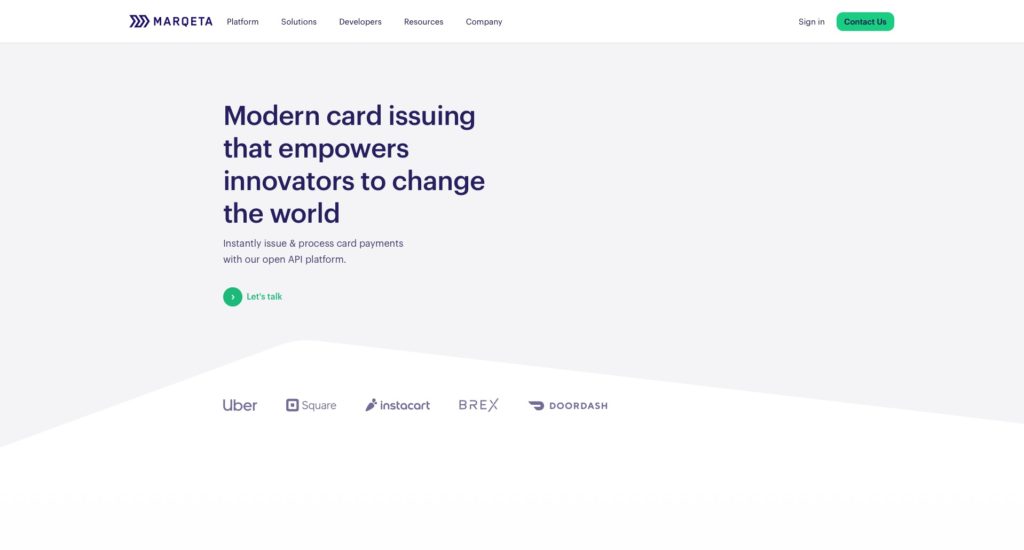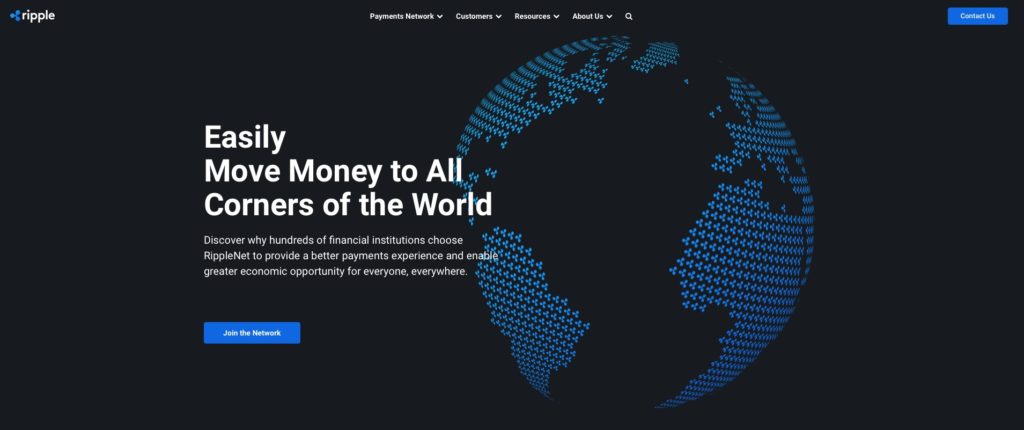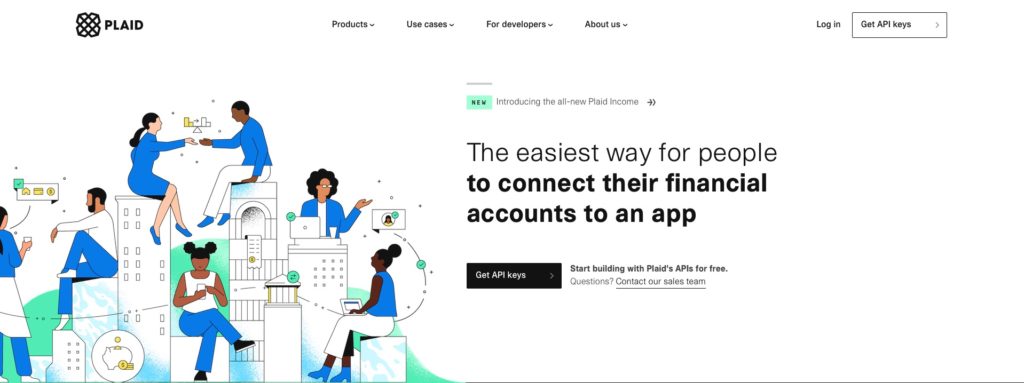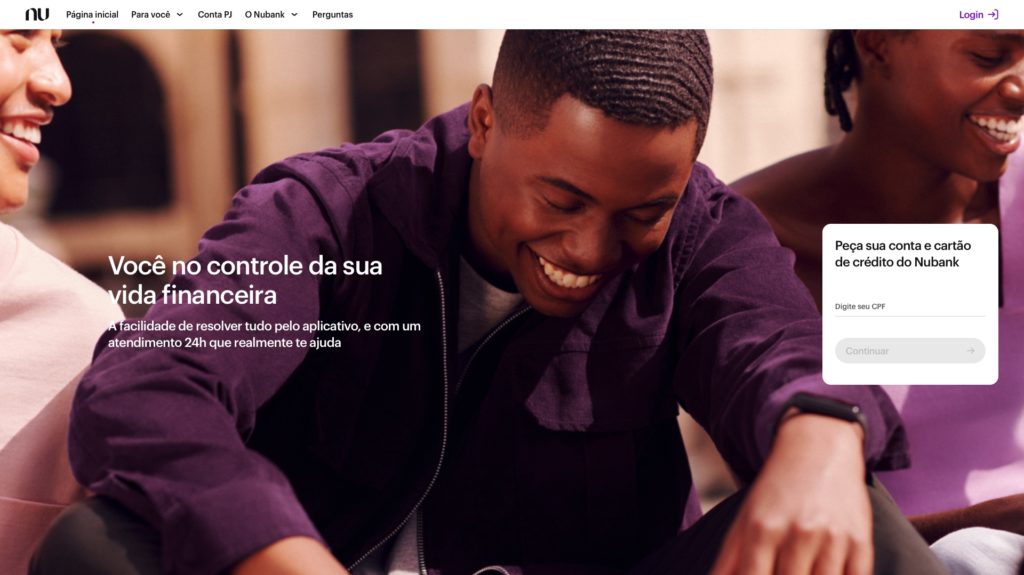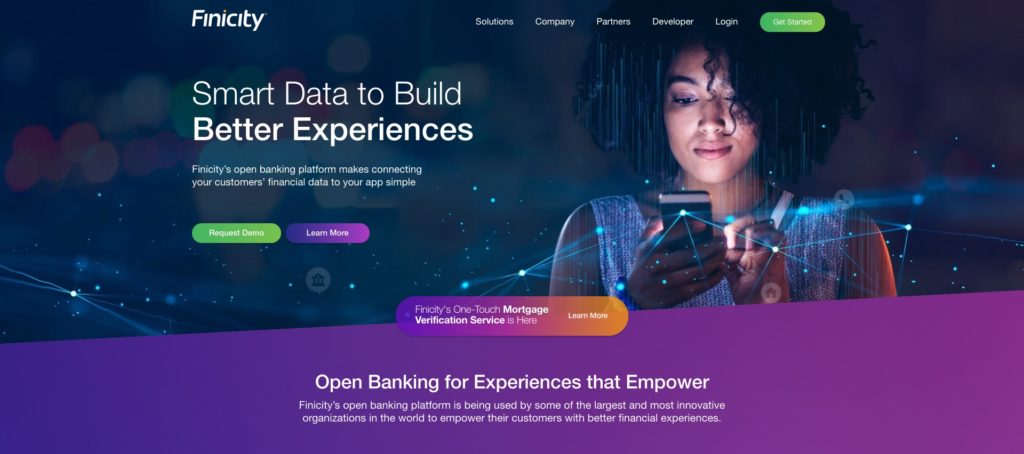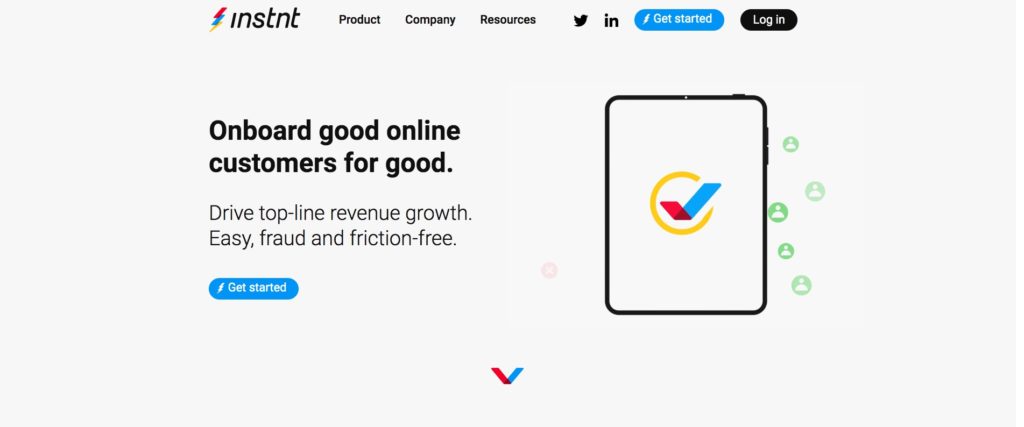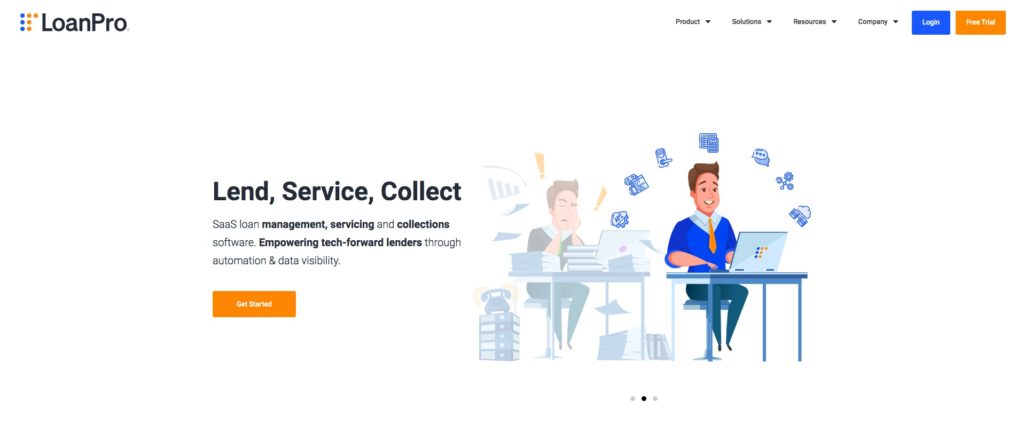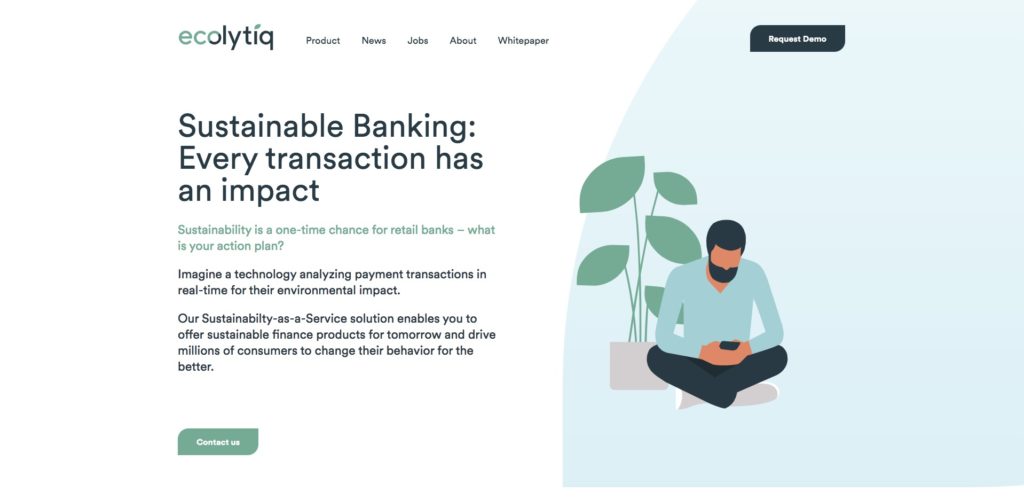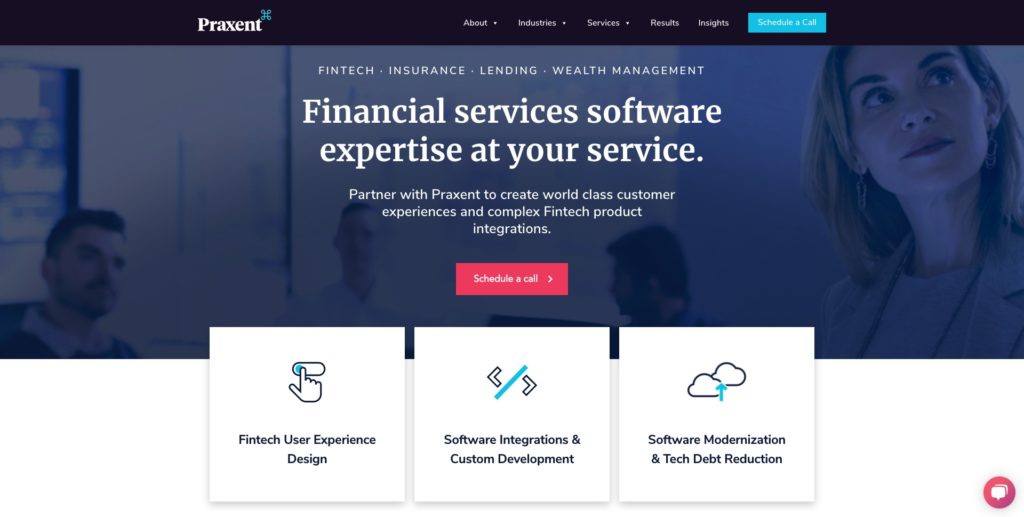
- Open finance company Plaid and money management solutions provider Green Dot entered into a partnership this week.
- Green Dot will help its GO2bank customers connect to more than 6,000 apps and services powered by Plaid.
- The partnership leverages Plaid Exchange, the company’s open finance API solution.
Open finance expert Plaid and money management solutions provider Green Dot have teamed up this week. The two are tapping the power of open finance to offer GO2bank customers more seamless data connectivity among and between their financial apps.
Leveraging Plaid’s open finance API solution Plaid Exchange, Green Dot will help its GO2bank customers securely connect to more than 6,000 apps and services powered by Plaid. The move ultimately offers end users access to a wider range of financial tools, which is critical for underbanked consumers.
“Our focus at Green Dot is giving all people the power to bank seamlessly, affordably, and with confidence,” said Green Dot Chief Product Officer Abhijit Chaudhary. “Through this partnership with Plaid, we are enabling real change in the industry by delivering an on-ramp for consumers who can benefit from simple, secure access to digital solutions.”
Launched in 2021, GO2bank was created to help Americans living paycheck to paycheck. The digital bank aims to offer a seamless and affordable experience that provides users with tools to serve their unique needs. For example, GO2bank offers up to $200 overdraft protection, high-interest savings accounts, credit building tools, and early wage access.
GO2bank parent company Green Dot was founded in 1999 and has since served more than 33 million customers. The company considers itself a branchless bank with more than 90,000 retail distribution locations across the U.S. In addition to its direct-to-consumer model, Green Dot also offers banking-as-a-service that enables banks and fintechs to leverage its bank charter, APIs, and cash deposit network to build out their own offerings.
With $734 million in funding, Plaid helps 12,000+ FIs offer their customers access to third party financial services via a suite of APIs to connect consumers, financial institutions, and developers. The company also offers a suite of analytics products that provides further insights into transactions. Plaid was founded in 2013 and is headquartered in San Francisco, California.
Photo by Karolina Grabowska from Pexels









